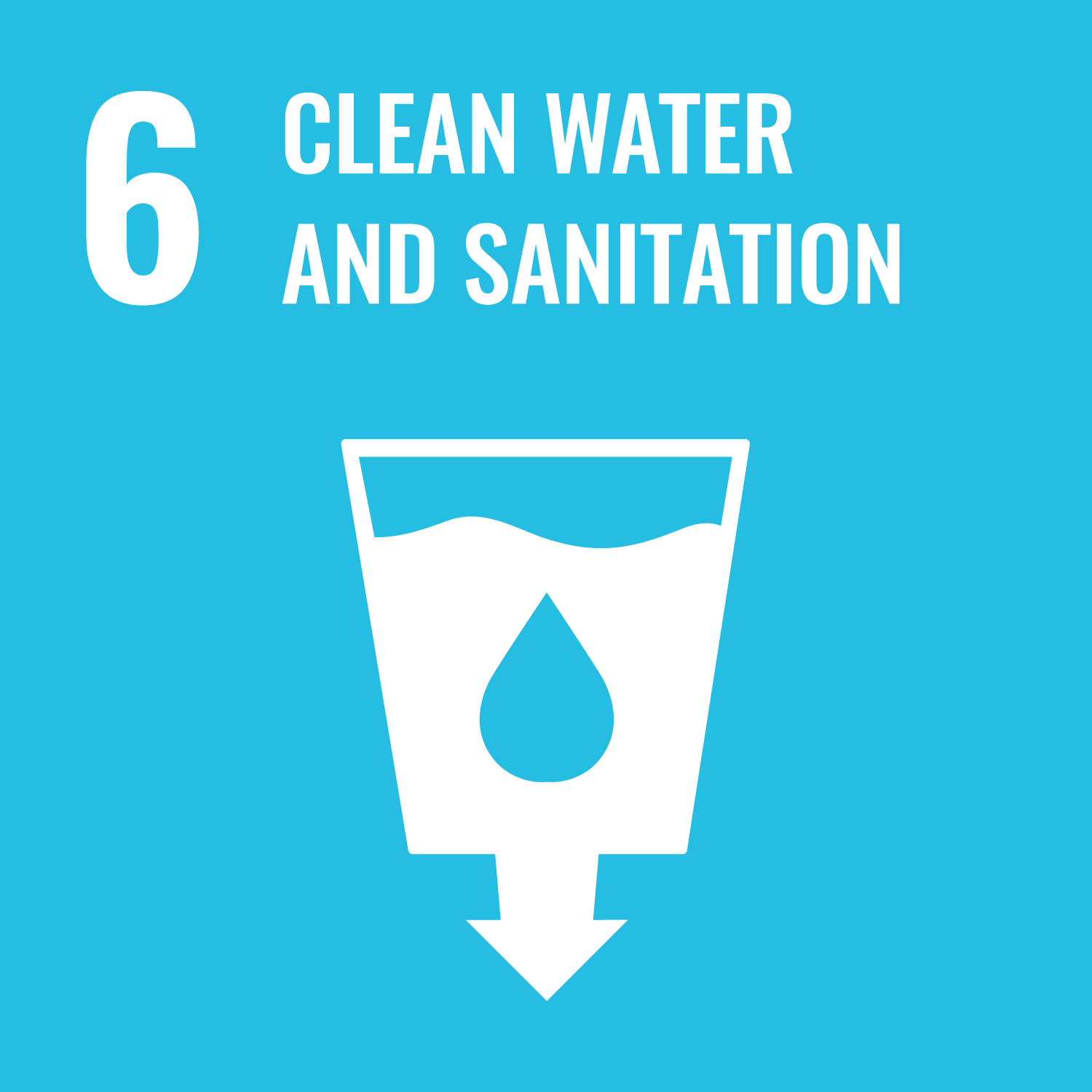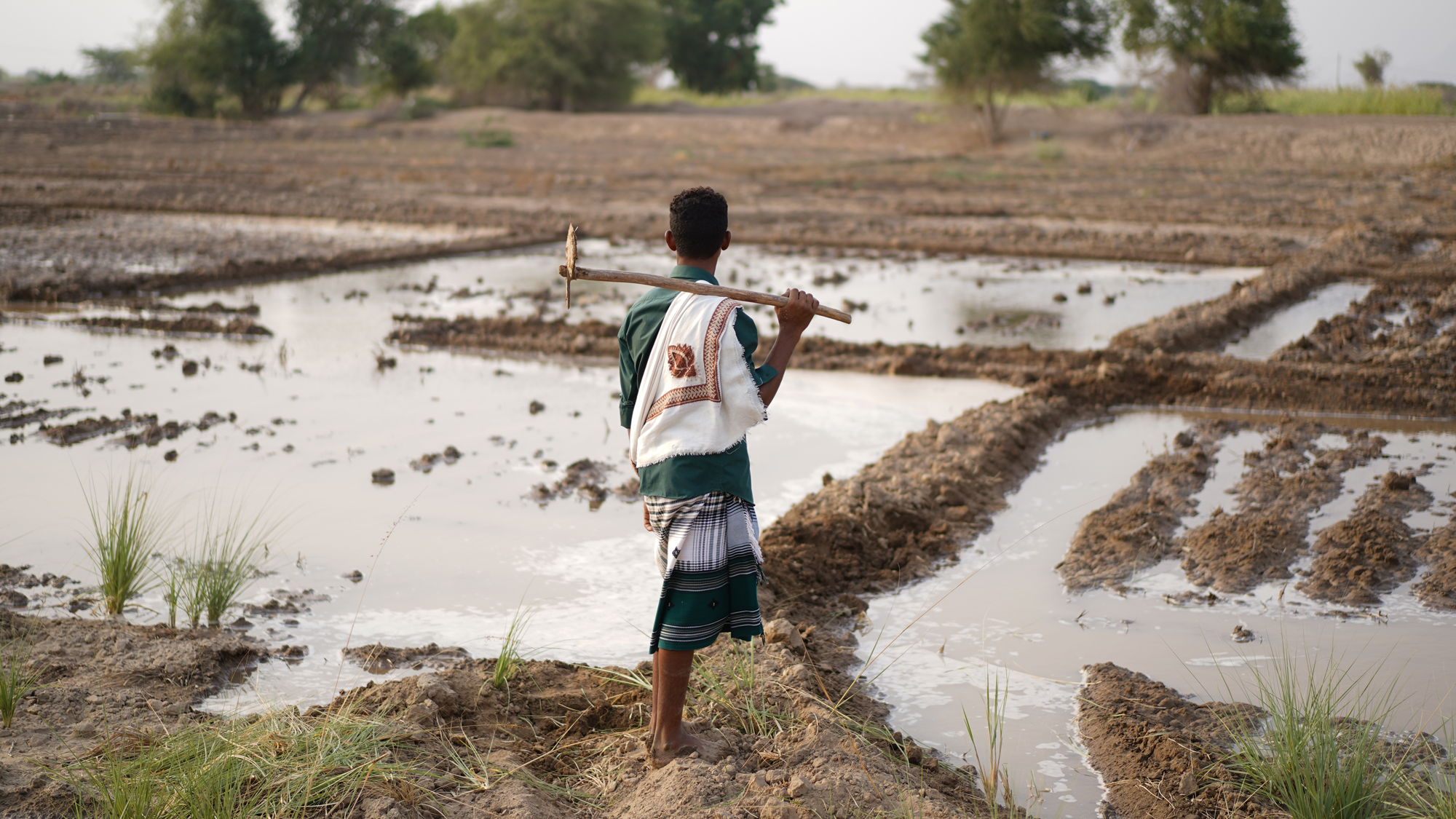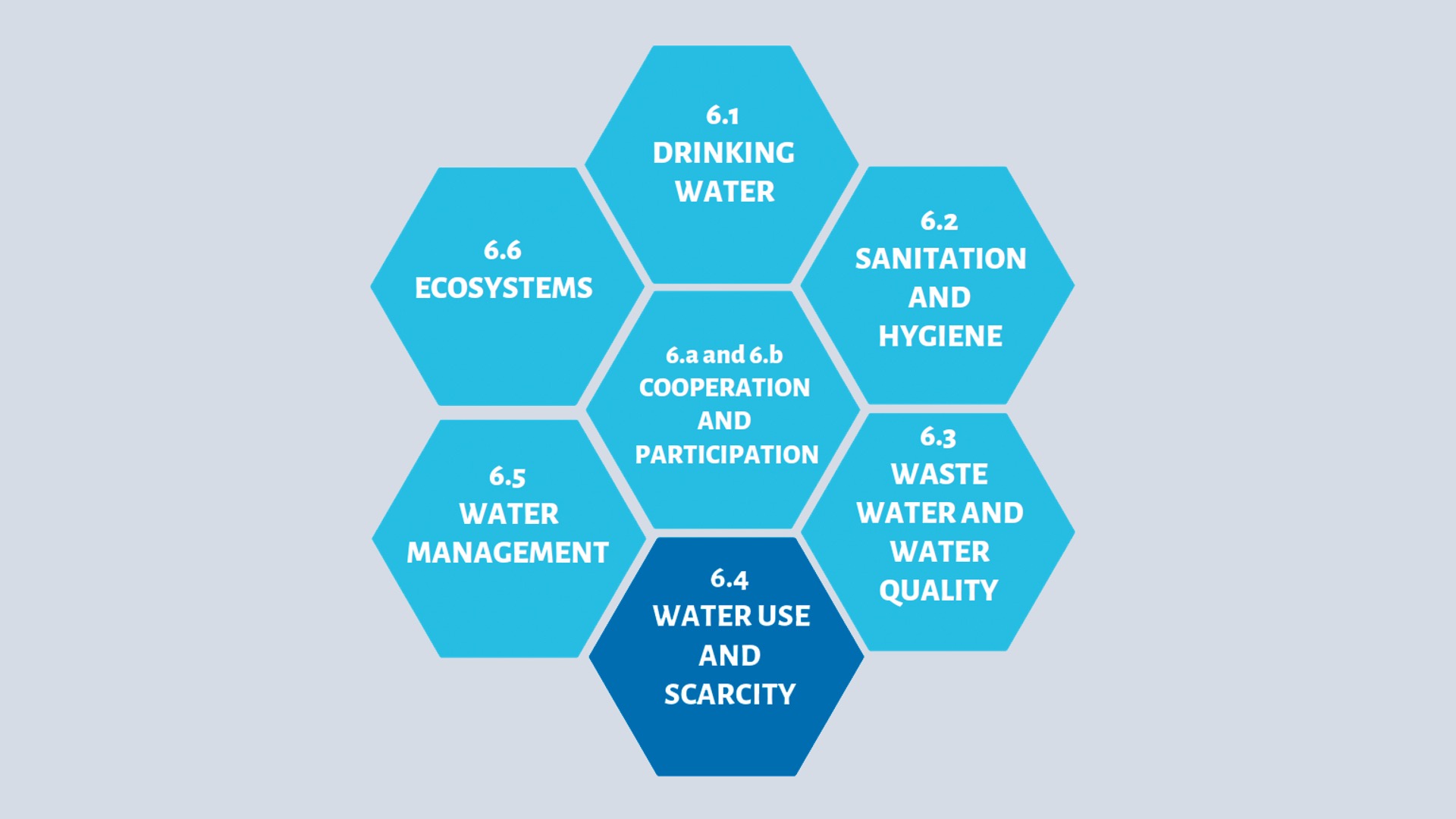
Evaluation of FAO’s contribution to SDG 6:
Ensure availability and sustainable management of water and sanitation for all
Water is one of the world´s most precious resources, making the Earth a unique planet filled with life. It is essential for food security, nutrition, health, energy, biodiversity, the environment and other economies.
Water is central to agriculture which accounts for 72 percent of global freshwater withdrawals, making it the largest water user by far. It is crucial for food production, enabling the production of over 95 percent of food on land. By 2050, to meet future demand, the global production of food, fiber and feed will need to increase by 50 percent compared to 2012. To meet this goal, 35 percent of additional water resources are needed.
However, freshwater resources have been declining in all regions of the world in the past 30 years and global water availability and quality are deteriorating at an alarming rate. Water challenges such as droughts and floods are increasing due to climate change and are putting the planet’s water resources under increasing stress. Mismanagement of water resources combined with pollution has intensified water stress and degraded water-related ecosystems, leading to negative impacts on human health, economic activities, food and energy supplies, and decline of aquatic biodiversity.
The evaluation assesses the relevance and effectiveness of FAO in supporting its Members to achieve relevant SDG 6 Targets. It seeks to provide FAO’s decision makers with evidence of good practices and lessons learned that can be used to enhance the Organization’s overall contribution to the Goal.
Considering that the Agenda 2030 came into effect in January 2016, the evaluation examines FAO’s work related to SDG 6 that took place from 2016 to 2021. When formulating its recommendations, it takes into consideration the Organization’s context and its recent and future strategic aims, including the Strategic Framework 2022–31.
The evaluation is guided by four key questions:
- Has FAO positioned and organized itself to maximize its contribution to SDG 6?
- To what extent have FAO’s interventions related to SDG 6 addressed the needs and demands of its Members and their citizens, promoting the principle of ‘leave no one behind’?
- What have been the results achieved by or with the contribution of FAO in relation to SDG 6 at country, regional and global levels?
- To what extent is FAO generating transformational and long-term changes in relation to SDG 6?
The evaluation was presented to the 133rd session of the Programme Committee.

Documents
- Evaluation of FAO’s contribution to Sustainable Development Goal 6: Ensure availability and sustainable management of water and sanitation for all – Final report
- Evaluation brief
- Annex 1. Terms of reference
- Annex 2. Data collection methodology
- Management response
- Follow-up report




